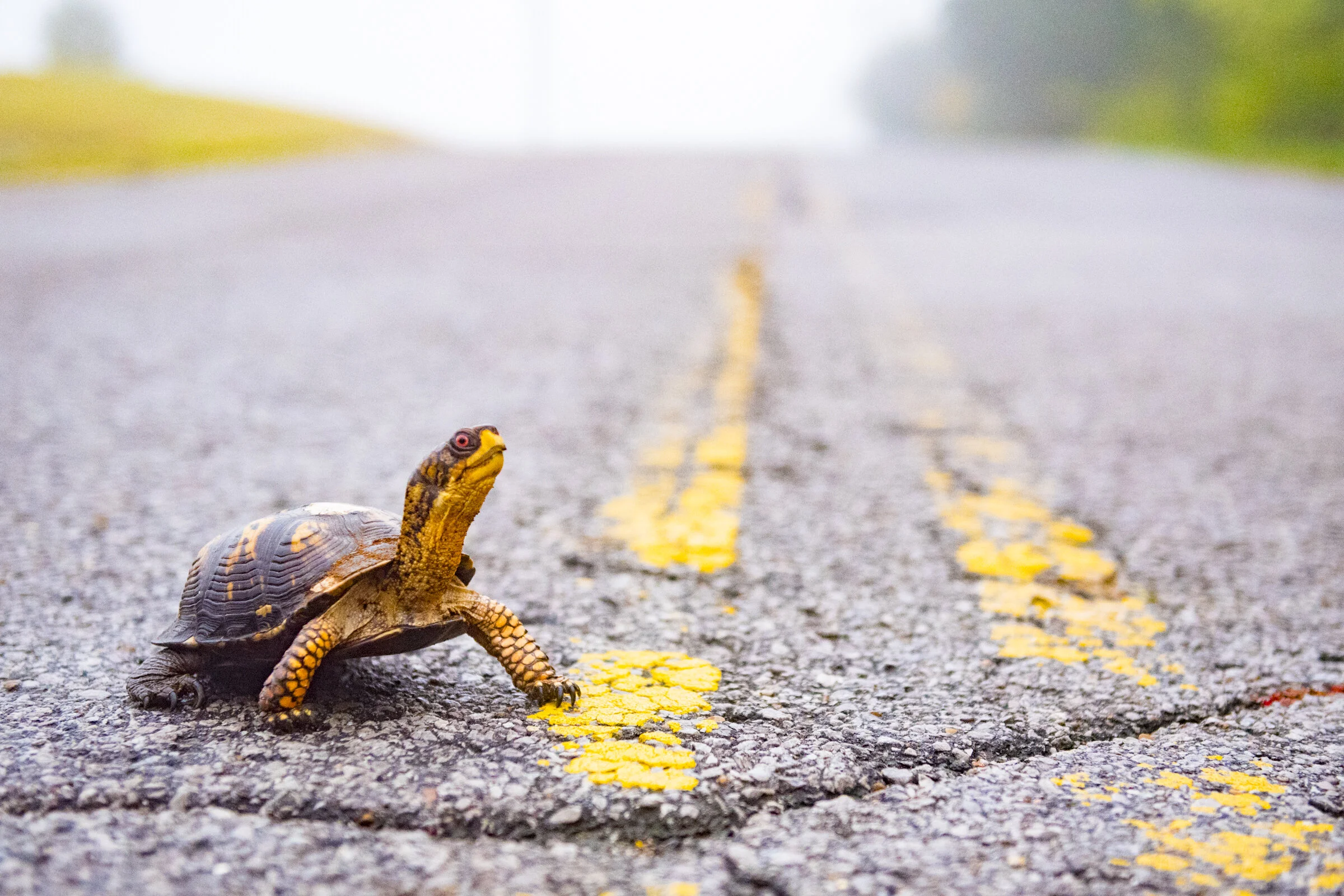
Did you find a sick, orphaned, or
injured animal?
T
If you found an injured or sick reptile or amphibian...
Call or text us at 615-270-9009, and include the EXACT address or location you rescued it from, as well as a picture. Please be patient as we are all volunteers that work full-time jobs. Keep the animal in a dark, quiet place such as a cardboard box, and do not attempt to clean any wounds. Wounds are often deeper than they appear, and if disturbed infection or death can occur.
Please note that we have limited space, time, money, and people, so we can only admit reptiles, amphibians, opossums, and small native birds.
While you wait, please visit Animal Help Now for more assistance and help
or find another wildlife rehabilitator on the TWRA permitted wildlife rehabilitators list
Please remember to leave a message and follow up with a text message to all wildlife rehabilitators.
WILDLIFE ASSISTANCE
Call our main number at 615-270-9009, to notify our rehabilitation staff.
Before removing an animal from its natural environment, see the tips below:
Take Action if:
The animal is bleeding.
The animal is missing whole or part of a limb(s), or is unable to use its limb(s).
The animal looks underweight.
The animal is leaning, circling, losing balance, appears tame, is unresponsive, may be blind, has stiffening or twitching of limbs, or has rapid eye movement.
The animal has discharge from eyes, nose, ears, or mouth.
The animal has a foreign object or substance stuck to body part such as a plastic jar or grease.
The parents have been killed or seriously injured.
The animal is covered with flies, ants or other parasites.
Observe if:
The animal is moving periodically. You will need to do this from a distance.
The animal is eating. If so, it may be reluctant to leave its food. This is normal behavior.
It's a young animal. It may be out of the nest or den and exploring its environment while still being cared for by its parents. Check for parents you can see or hear nearby.
A wild animal's best chance of survival is to be raised by its wild parents in the wild.
Transporting Wildlife
If it is decided that an animal needs to come in for care, you will be asked to transport the animal to our wildlife hospital. All wild birds are protected by law. State and federal laws prohibit you from having any protected wildlife in your possession, even temporarily, unless you are transporting an injured animal to receive medical attention.
While transporting wildlife, remember:
Whisper or speak quietly.
Do not play your car radio.
Do not transport an animal in a person's lap, unboxed, or unrestrained. The animal can get loose and cause injury or damage.
If you are transporting a baby, keep the inside of the vehicle warm.
Do not make additional stops.
